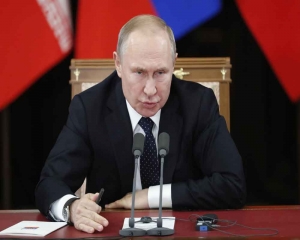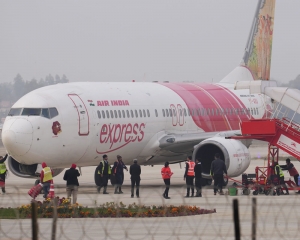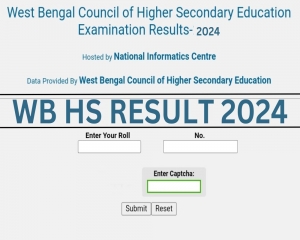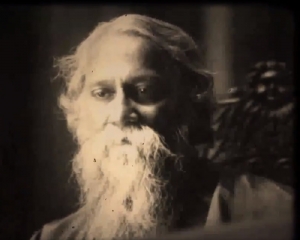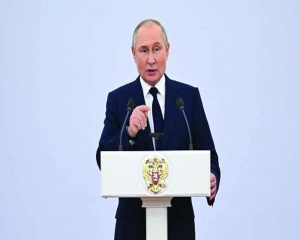With the air quality in Delhi turning ‘severe’, the Commission for Air Quality Management (CAQM) has decided to impose restrictions under phase III of the Graded Response Action Plan (GRAP). This includes a ban on running BS-III petrol and BS-IV diesel four-wheelers. Car owners may be fined Rs 20,000 for violating the ban. This measure will be enforced in Delhi and the districts of Gurugram, Faridabad, Ghaziabad, and Gautam Budh Nagar. The objective is to reduce vehicular emissions, a significant contributor to air pollution. The air quality index (AQI) on Sunday stood at 447.
The Delhi government banned the use of BS-III petrol and BS-IV diesel four-wheelers in the national capital on Friday in response to an order from the Centre's air quality monitoring panel, citing poor air quality in the city and NCR
The Commission also advised state governments to take a decision on discontinuing schools for up to Class 5. Delhi’s air quality deteriorated to ‘severe’ for the first time this year due to low temperatures and low wind speed over the last 48 hours.
Construction work related to national security or defence, projects of national importance, healthcare, railways, metro rail, airports, inter-state bus terminals, highways, roads, flyovers, overbridges, power transmission, pipelines, sanitation and water supply are exempted from the ban.
The CAQM, a statutory body responsible for forming air pollution reduction strategies for the region and their implementation, noted a significant rise in Delhi's AQI (458 and 457 at 10 am and 11 am) due to unfavourable climatic conditions and local pollution sources. Anticipating a prolonged period of severe air quality, the committee decided to implement GRAP Stage-III curbs ('severe' air quality index (AQI) range) immediately to prevent further deterioration.
“CAQM Sub-Committee for operationalisation of GRAP called on an emergency meeting Sunday morning in view of sudden deterioration of air quality of Delhi-NCR from last evening. The Sub-Committee decides to invoke 8 point action plan as per Stage-III of revised GRAP in the entire NCR with immediate effect,” the panel said. “Make a decision on discontinuing physical classes in schools for children up to class 4 and conduct classes in an online mode. Intensify public transport services and introduce differential rates to encourage off-peak travel. Enforce a strict ban on construction and demolition activities in the entire NCR, except essential projects,” it added.
CAQM measures, invoked for the third time this winter, effectively ban BS III petrol and BS IV diesel four-wheelers from plying in Delhi, Gurugram, Faridabad, Ghaziabad and Gautam Budh Nagar. The measures also put an immediate ban on private construction in Delhi and the National Capital Region (NCR).
On January 1, the Centre has ordered the revocation of anti-pollution restrictions under Stage-III of GRAP in the entire Delhi-NCR with immediate effect after improvement in the air quality index.
On Sunday, the air quality at Anand Vihar plummeted in the "severe" category with PM 2.5 and PM 10 crossing 500 while the NO2 reached 133 and CO at 132, both in the "moderate" category, as per the Central Pollution Control Board (CPCB) at 6 p.m.
The AQI at ITO also remained in ‘severe’ category with PM 2.5 breaching the 500 mark and PM 10 at 480, or “severe”. The CO was recorded at 110 or “moderate”.
The PM 2.5 at Punjabi Bagh also reached 477 while PM 10 was at 404, both in the ‘severe’ category. The air quality at Jahangirpuri air quality monitoring station also entered into ‘severe’ category with PM 2.5 at 462 and PM 10 455. The CO was also reached at 97 or ‘satisfactory’.
The PM 2.5 at Okhla Phase-II was recorded above 500 mark and PM 10 at 487 both in the ‘severe’ category. At Mundka the AQI remained in the ‘very poor’ category with PM 2.5 at 365 and PM 10 at 210 or “very poor”.
However, at Bawana, the air quality was in ‘very poor’ category with PM 2.5 at 342 and PM 10 at 196, or “moderate”. The AQI monitoring station at Dwarka sector 8 recorded PM 2.5 at 470 and PM 10 was at 433, both in the “severe” category.
The AQI at the Indira Gandhi International (IGI) airport station plummeted with PM 10 at 469 and PM 2.5 was at 413, both in the “severe” levels.
The Graded Response Action Plan (GRAP) is the Centre's air pollution control plan implemented in the region during the winter season.
It categorises actions into four stages: Stage I - 'Poor' (AQI 201-300); Stage II - 'Very Poor' (AQI 301-400); Stage III - 'Severe' (AQI 401-450); and Stage IV - 'Severe Plus' (AQI>450).














